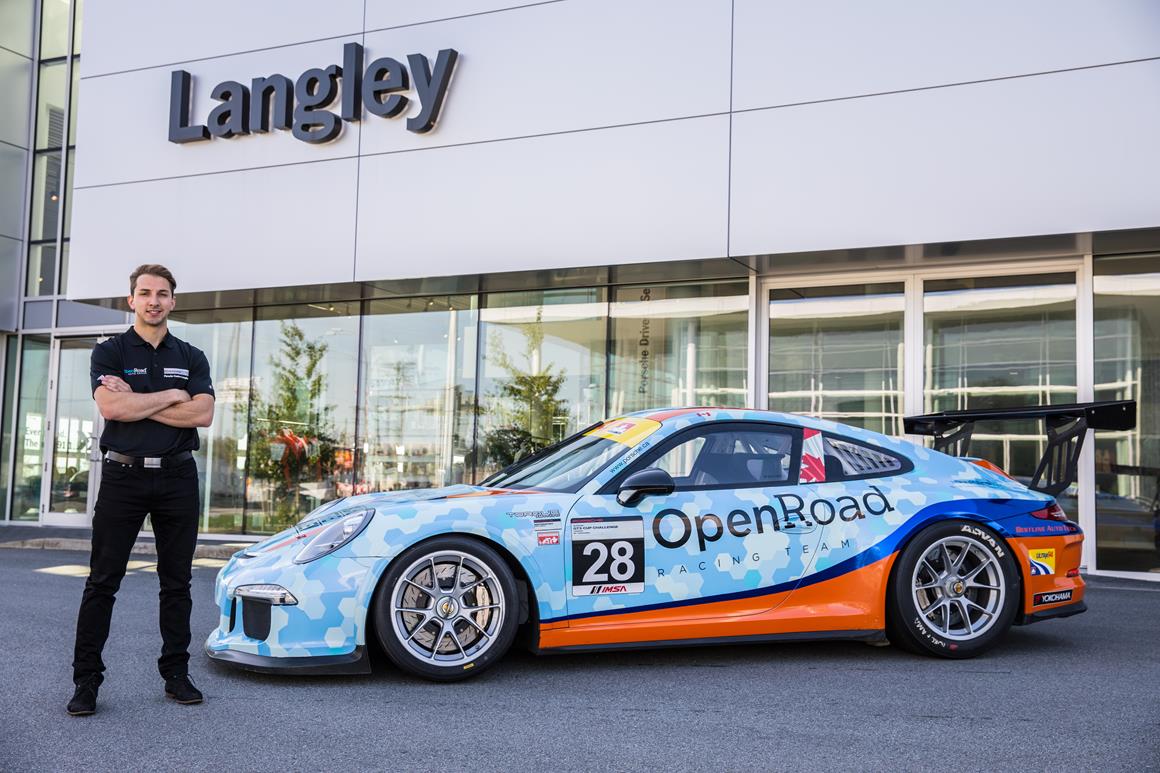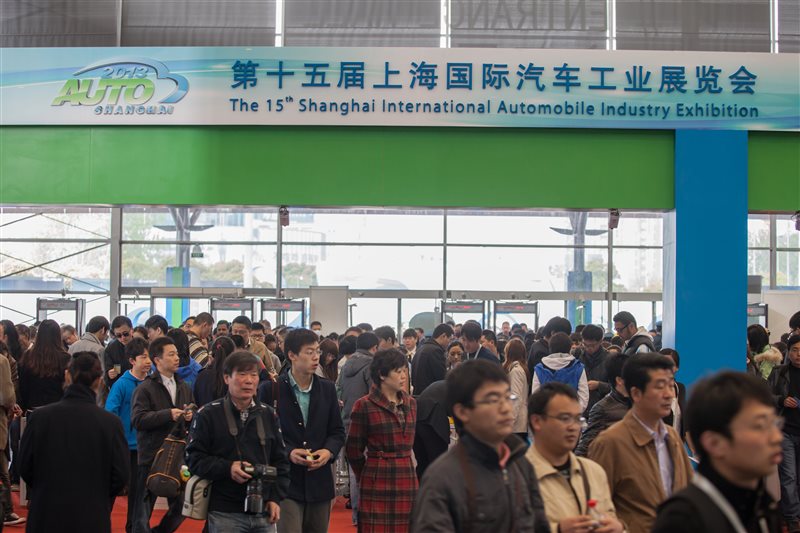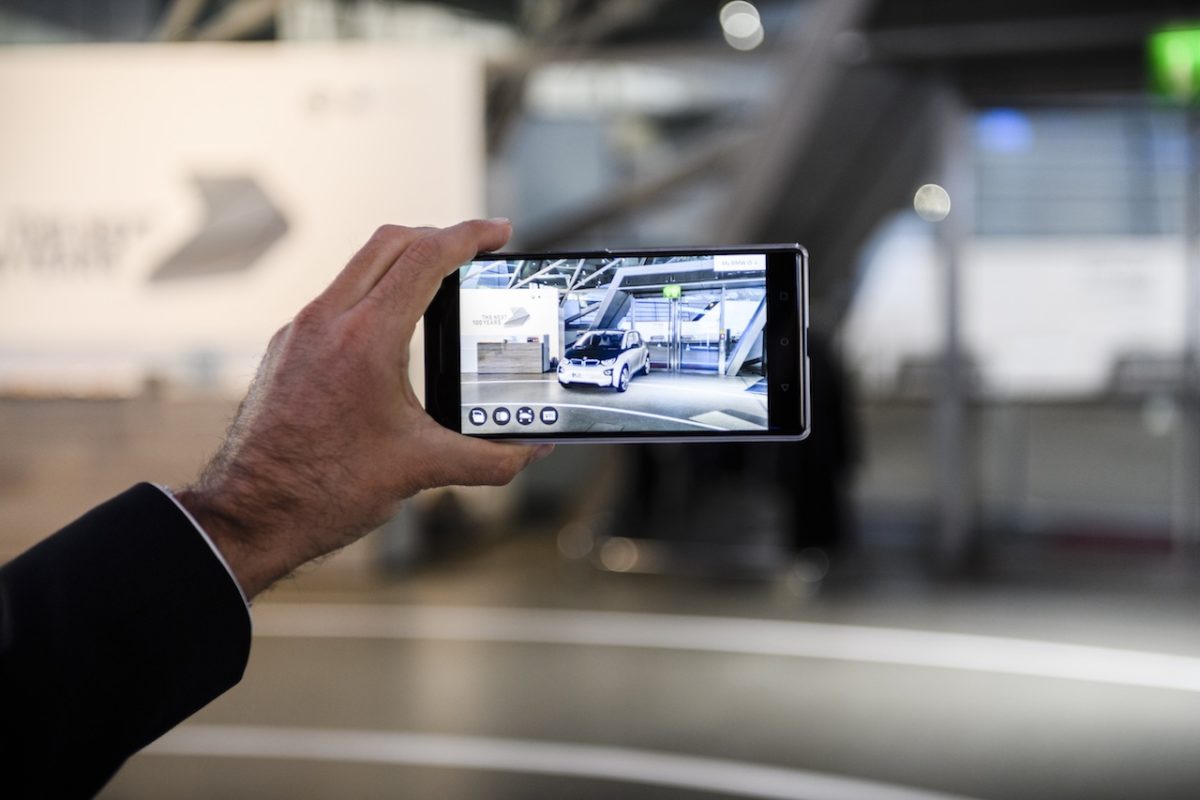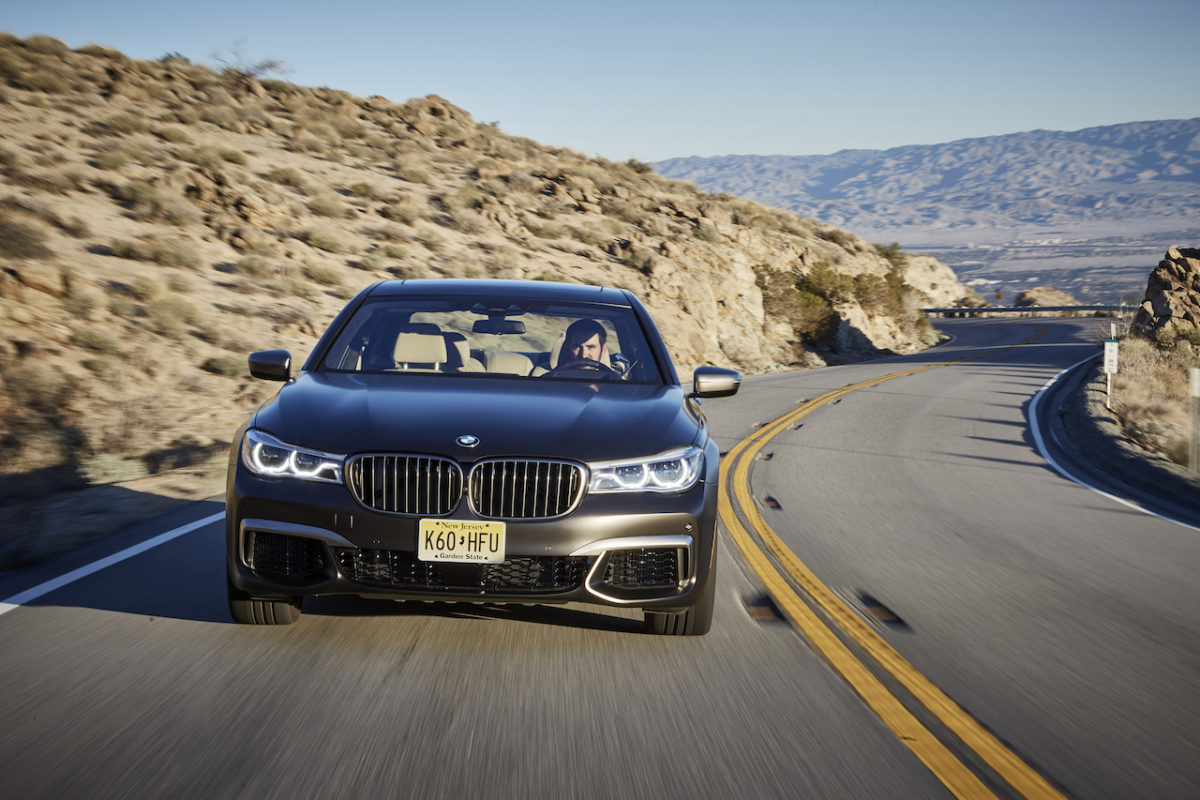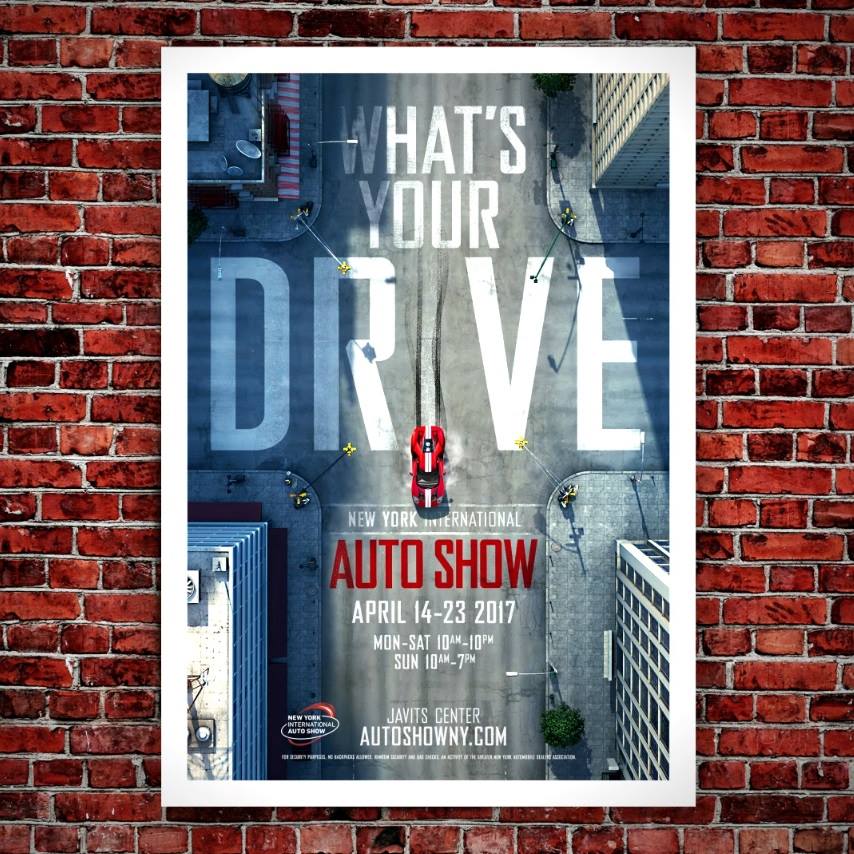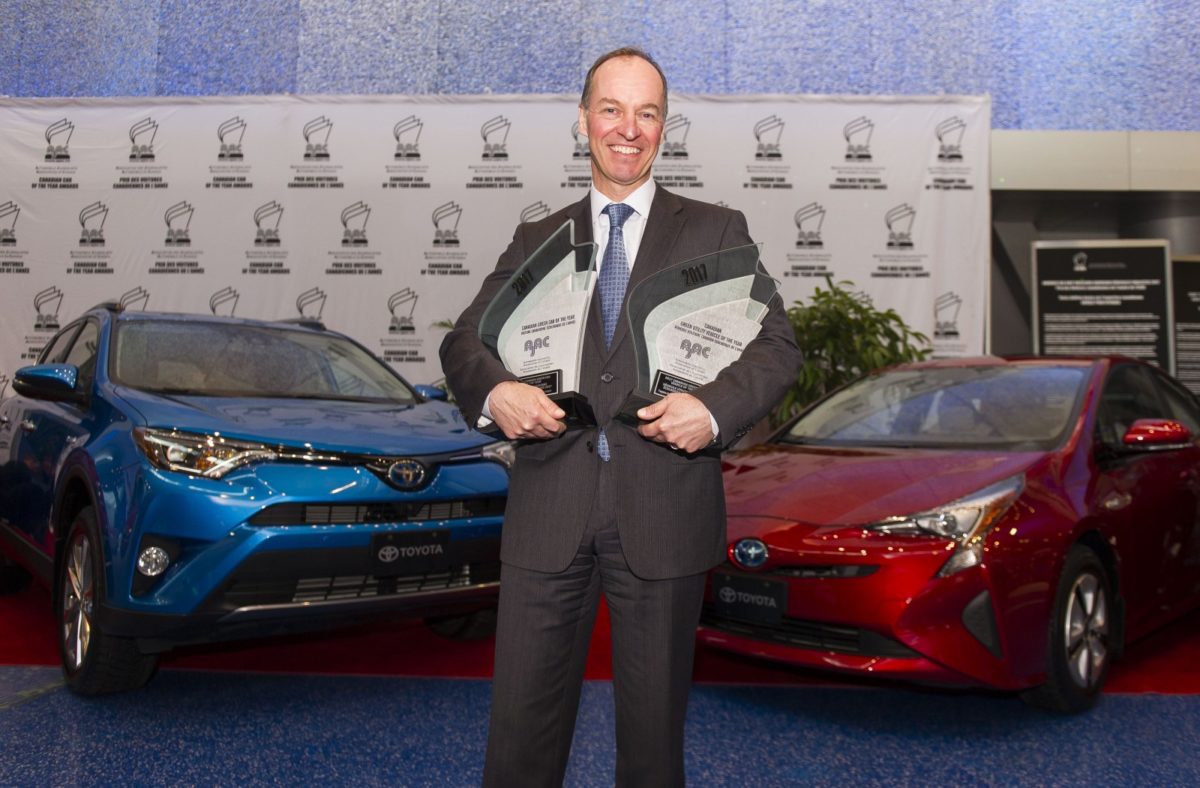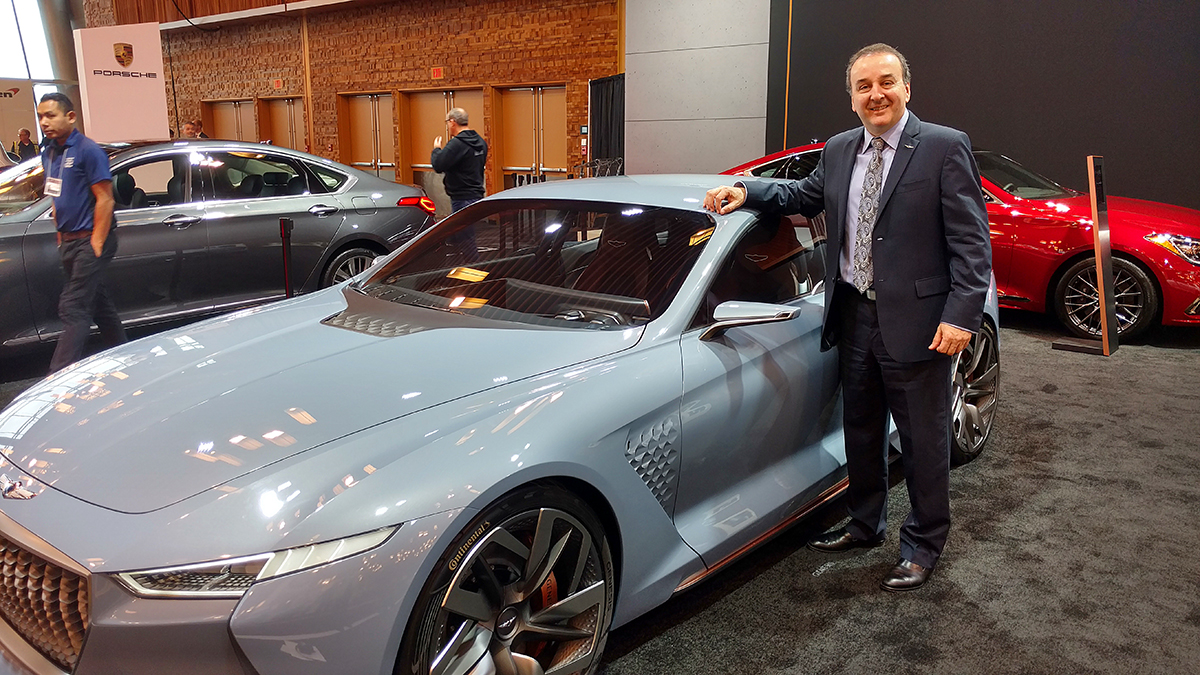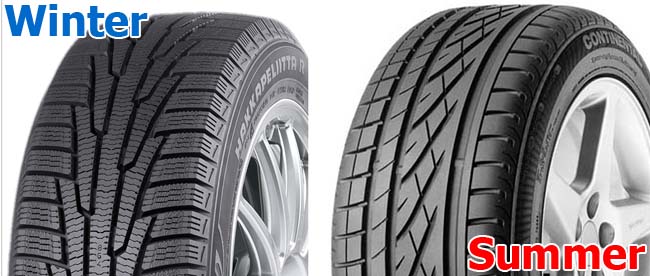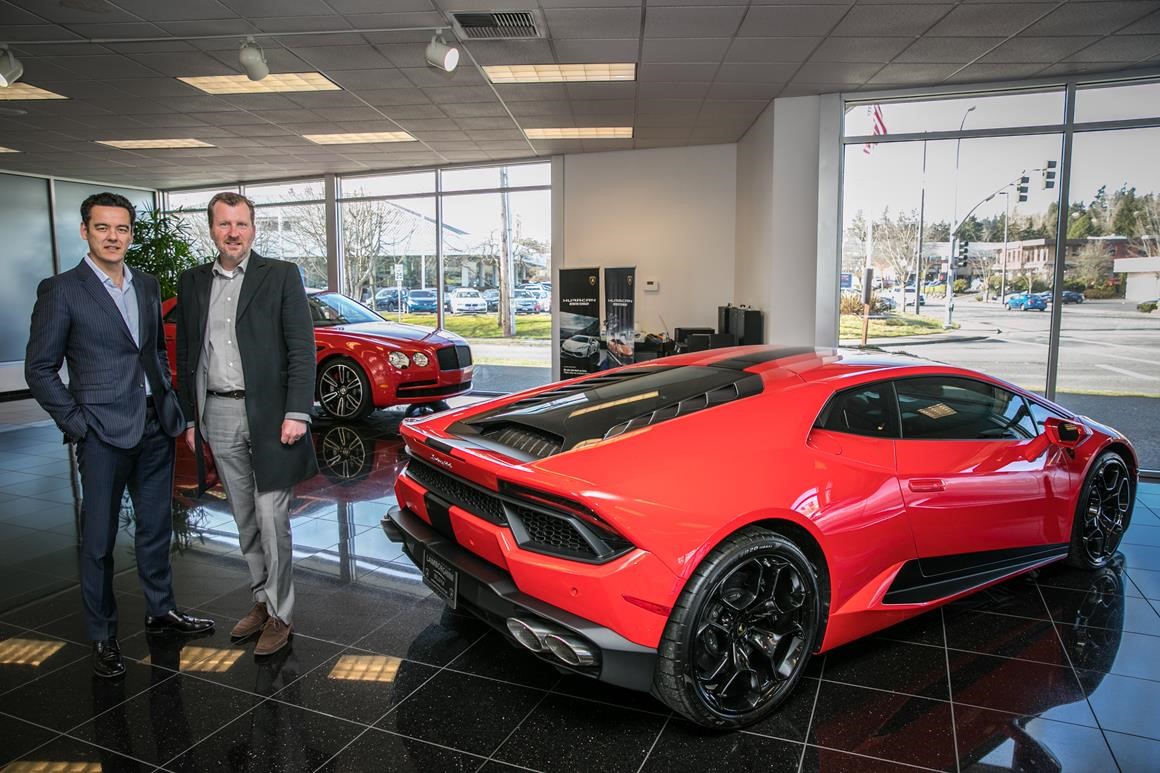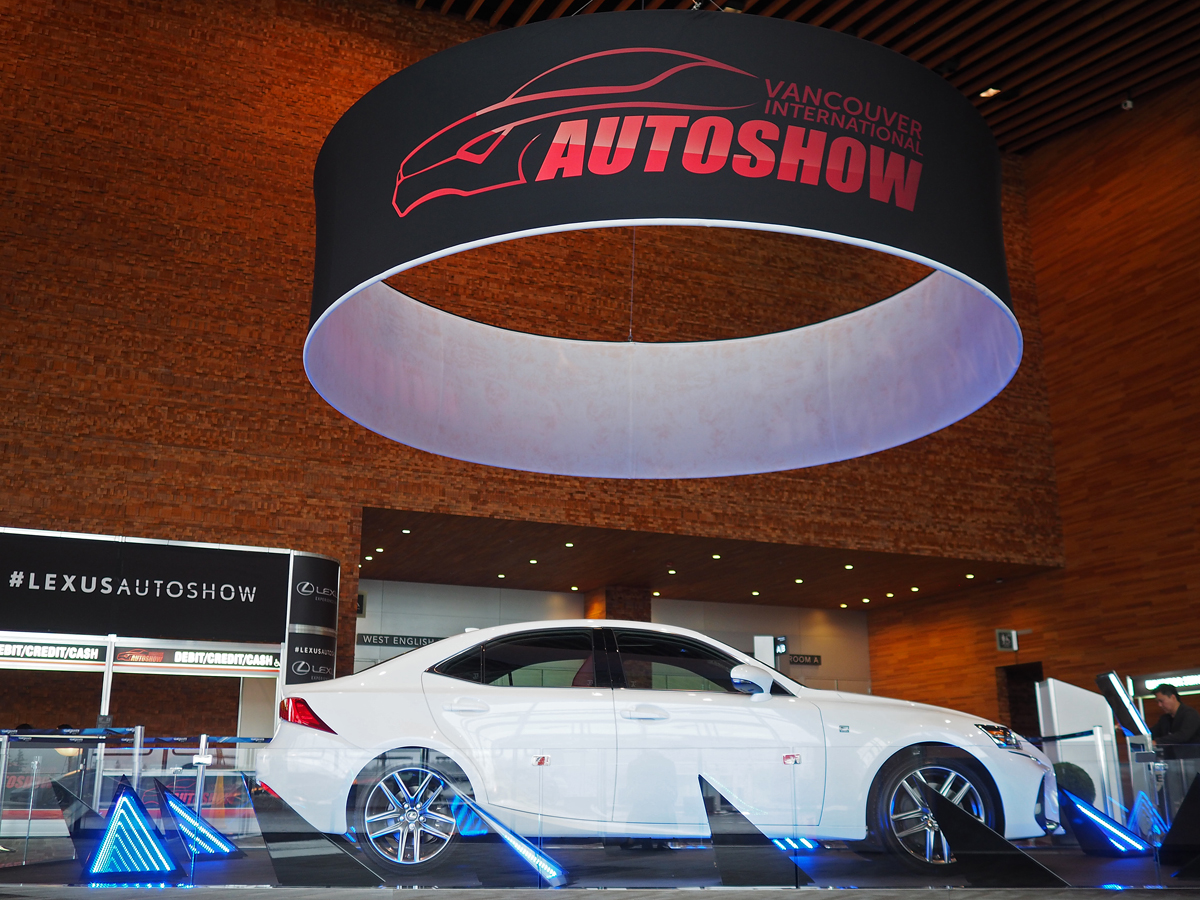OpenRoad selects Remo Ruscitti to compete in the 2017 Porsche GT3 Cup Challenge Canada
May 10, 2017 (Richmond, B.C.) – OpenRoad Auto Group is pleased to announce that Remo Ruscitti has been selected to join OpenRoad Racing as their new head driver for the 2017 GT3 Challenge Canada. The 23-year-old race car driver from Burnaby, B.C. was chosen based his outstanding performance during a recent shootout at Area 27 Motorsports Park in Osoyoos, B.C. where he competed against four other young Canadian race car drivers and won.
“We’ve had our eye on Remo for some time now and we think that he’s got a chance to become one of the best professional race car drivers in Canada,” said Christian Chia, President & CEO of OpenRoad Auto Group. “We’re thrilled to bring him on board and look forward to a successful racing season ahead!”
Ruscitti succeeded in becoming OpenRoad’s top pick despite competing in unfavourable weather conditions over the course of two days at Area 27 in Osoyoos, B.C., proving to the OpenRoad team that he’s got what it takes to come out a winner.
“It was a challenging shootout but it worked out in my favour and I’m beyond excited and humbled to have been chosen to race and represent OpenRoad Racing and Porsche Centre Langley in 2017,” said Ruscitti. “I can’t thank Christian and his team enough for this opportunity and I’m eager to hit the track with them again later this month.
The 2017 Porsche GT3 Cup Challenge Canada will be OpenRoad Racing’s fourth season competing in the national motorsports competition. In 2014, OpenRoad won the championship with their former race car driver, Scott Hargrove followed by a second place win in 2016.
Ruscitti’s first race will take place at the Canadian Tire Motorsport Park in Ontario on May 18th followed by five consecutive races across Canada, including the Honda Toronto Indy as part of the Ultra 94 Porsche GT3 Cup Challenge Canada. OpenRoad Racing’s technical support partners for 2017 will once again be Matt Hardiman and Bestline Auto Tech.
Ruscitti has been racing since he was just eight years old. He has proven his talents on and off track and is an extremely hard working, determined athlete. His accomplishments to date include placing third in the 2016 Six Hours of Watkins Glen; fifth in class at the 2015 Rolex 24Hrs of Daytona PC; 2014 Continental Tire Sports Car Challenge Race Winner; 2014 IMSA Prototype Lites Race Winner; 2014 Highest Finishing Rookie in ST Category; 2013 Pirelli World Challenge Rookie of the Year; and placing third overall at the 2013 Pirelli World Challenge Championship. Ruscitti looks forward to returning to Mosport for his first race with OpenRoad. It’s a track he’s had great experience with, and where he’s already claimed three professional wins.
For more information about Remo Ruscitti, visit www.remoruscitti.com
ABOUT OPENROAD RACING
Founded in 2004, the OpenRoad racing team is spearheaded by Christian Chia and his two brothers – all of whom are race car drivers themselves and have competed in races all over the world. Their race history includes winning the championship at the 2014 Porsche 911 GT3 Cup Challenge Canada and then winning second place in 2016 with Scott Hargrove; the 2014 Asia GT3 Challenge, the Porsche Carrera Cup Asia (2010-2012); and the Asian Formula Renault Challenge (2004-2008); Macau Grand Prix, Macau GT Cup (2008). For more information, visit the OpenRoad Racing Team website.
ABOUT OPENROAD AUTO GROUP
OpenRoad Auto Group is B.C.’s largest automotive dealership group with over 1,000 associates representing 18 quality automotive brands at 22 full-service car dealerships. Established In 2000, OpenRoad Auto Group offers car buyers and owners an experiential automotive retail service. With sales and service in multiple languages, OpenRoad Auto Group encourages a car buying experience based on openness, participation and expertise. OpenRoad is proud to be one of Canada’s Best Managed Companies, a CADA Laureate, and the recipient of multiple Canadian Best Employer Awards. openroadautogroup.com

MEDIA CONTACT
Tanis Sullivan
604-230-8008
tanis@tanissullivan.com


